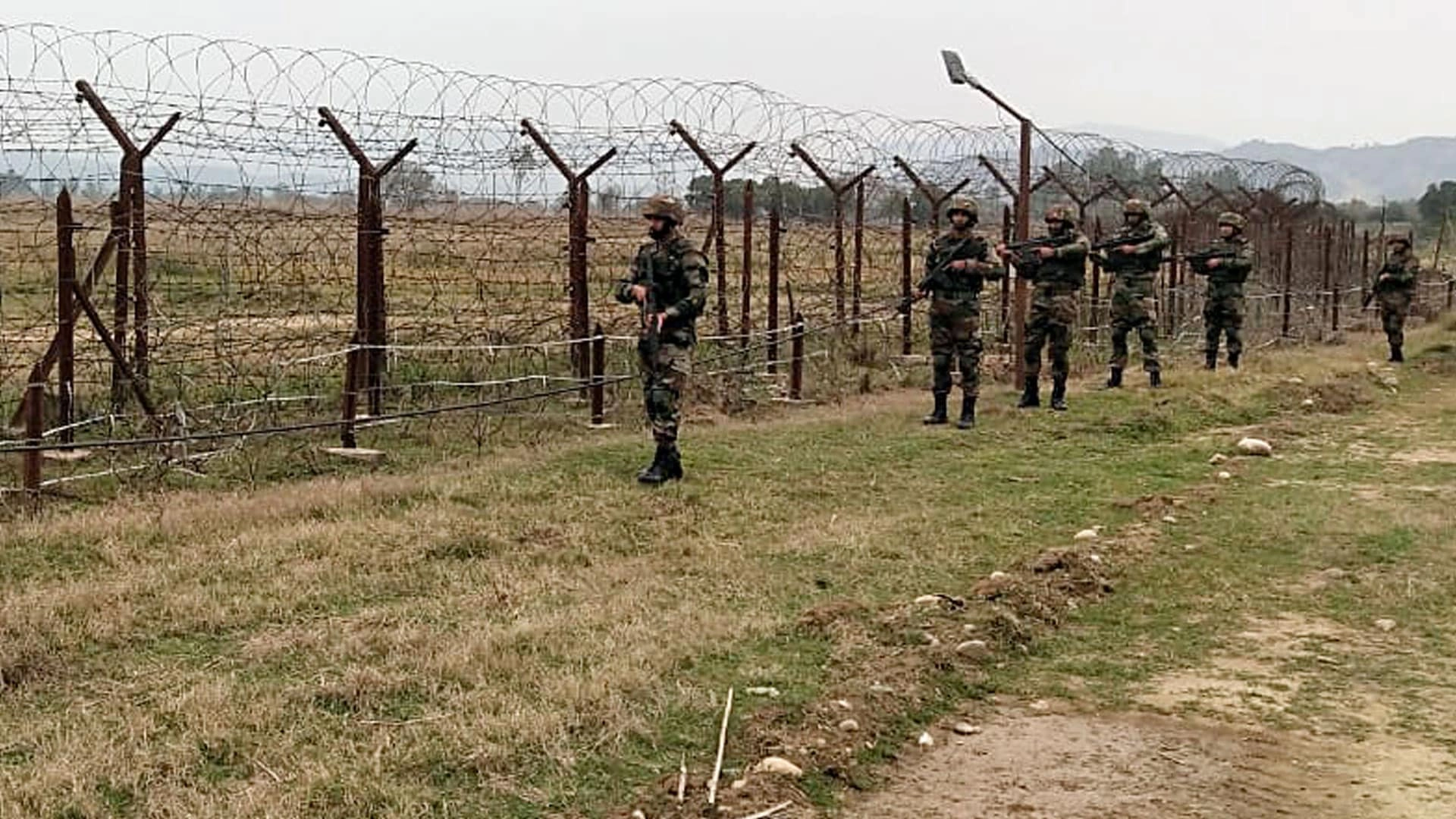In recent years, India’s approach to dealing with terrorism has undergone a significant transformation, aptly termed the ‘New Normal.’ This shift not only reflects a robust response to the persistent threat of terrorism but also aims to set the record straight regarding the role of Pakistan in perpetuating this menace. Historically, India has grappled with the ramifications of cross-border terrorism, primarily emanating from Pakistan, which has often sought to downplay or deny its involvement. However, the current Indian administration has taken a more assertive stance, emphasizing the need to confront and dismantle these terror networks rather than merely responding to their attacks.
The ‘New Normal’ signifies a departure from traditional diplomatic responses that often fell short of delivering tangible results. Instead of relying solely on international condemnation or appeals to global powers, India has adopted a more proactive and sometimes preemptive strategy. This includes targeted military operations, enhanced intelligence sharing, and a commitment to hold those responsible for terrorist activities accountable. By firmly establishing that terrorism will not be tolerated, India aims to convey a clear message to both domestic audiences and international stakeholders that it is ready to defend its sovereignty and security with unwavering resolve.
Moreover, the international community has begun to recognize the complexities surrounding terrorism in the region, with an increasing number of nations acknowledging Pakistan’s role as a state that harbors and supports terrorist groups. This shift in perception is crucial, as it not only strengthens India’s position on the global stage but also isolates Pakistan diplomatically. As nations come to terms with the reality of state-sponsored terrorism, the hope is that collective efforts can be mobilized to combat this challenge effectively.
Ultimately, India’s ‘New Normal’ represents a holistic approach to national security that encompasses military, diplomatic, and societal dimensions. It signals a determination to not only respond to threats but also to address the underlying issues that fuel extremism. In doing so, India not only seeks to protect its citizens but also to contribute to regional stability. As the dynamics of terrorism continue to evolve, India’s resolute stance may well serve as a blueprint for other nations grappling with similar challenges, fostering a united front against the scourge of terrorism.




